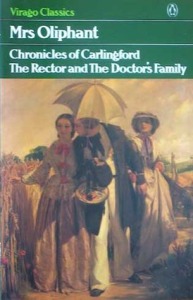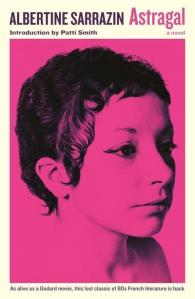Who Will Run the Frog Hospital? – Lorrie Moore (1994) 148 pages
The final post of Novella a Day in May 2020! Despite my optimism about completing every day earlier in the week, it was a close-run thing. I’ve just finished reading Who Will Run the Frog Hospital by Lorrie Moore and came straight to writing this post, so I beg your indulgence of typos and wandering sentence structure (which you’re probably used to given the number of hurriedly written posts I’ve cobbled together this month 😀 )
I chose this novella thanks to Paula’s always brilliant Winding Up the Week post halfway through May, which directed me to this article on contemporary novellas. The wonderfully titled Who Will Run the Frog Hospital? was included, and I had it in my TBR pile, which I’m really trying to reduce during lockdown (and failing dismally, of course…)
It starts with a brief portrait of Berie (Benoite-Marie) on a working holiday in Paris with her husband. Their marriage is not in a good place but they are trying:
“The affectionate farce I make of him ignores the way I feel his lack of love for me.”
We are then taken back to 1972 in upstate New York, where adolescent Berie is working in Storyland with her friend Sils. Sils is beautiful, employed to play Cinderella in the park while Berie works the ticket counter.
“Little girls would stand in line to clamber in and tour around the park with her – it was one of the rides – then be dropped back off next to a big polka-dot mushroom. In between, Sils would come fetch me for a cigarette break.”
Moore captures perfectly that feeling of being on the cusp of adulthood, of desperately wanting everything to happen but being unsure as to whether you are ready for it, of being uncomfortable in your own skin and not quite knowing who you are.
Berie is skinny and underdeveloped, she doesn’t have Sils’ body or the sexual interest from others that it attracts. When Sils gets a motorbike-riding boyfriend named Mike, Berie is left somewhat out in the cold.
“Everything would turn out fine. Or else – hell – it would burn. I only wanted my body to bloom and bleed and be loved. I was raw with want, one made for easy satisfaction, easy story, quick drama, deep life: I wanted to go places and do things with Sils. So what if the house burned down.”
This naivete coupled with recklessness leads to trouble for both girls, in very different and yet ordinary ways. There are significant events in Who Will Run the Frog Hospital?, but nothing hugely dramatic.
“My childhood had no narrative; it was all just a combination of air and no air; waiting for life to happen, the body to get big, the mind to grow fearless. There were no stories, no ideas, not really, not yet. Just things unearthed from elsewhere and propped up later to help the mind get around. At the time, however, it was like liquid, like a song – nothing much. It was just a space with some people in it.”
What Moore demonstrates is how little we can know those closest to us, even alongside the intensity of adolescent feelings. Berie is close to her brother Claude, but they drift apart. She grows up with her adopted sister LaRoue, but never really takes time to connect with her. Her parents are absent a lot of the time. All her feelings are focussed on Sils, but Sils is moving into adulthood faster than Berie and there are things they cannot share. This distance between people who know each other intimately is continued into adulthood as her marriage comes close to collapse.
Who Will Run the Frog Hospital? is the first of Lorrie Moore’s work I’ve read and I really enjoyed her humour and wit. Overall though, I found this a melancholy book. It portrayed the singular aloneness of human beings and how this underpins ordinary everyday lives. But maybe that’s what I took away because I’ve been self-isolating for eleven weeks now!
Lorrie Moore writes in a beautifully precise way that never feels laboured. She’s insightful, funny and sad, and I’ll look forward to reading more by her.
You can hear Lorrie Moore talk about Who Will Run the Frog Hospital? here.









